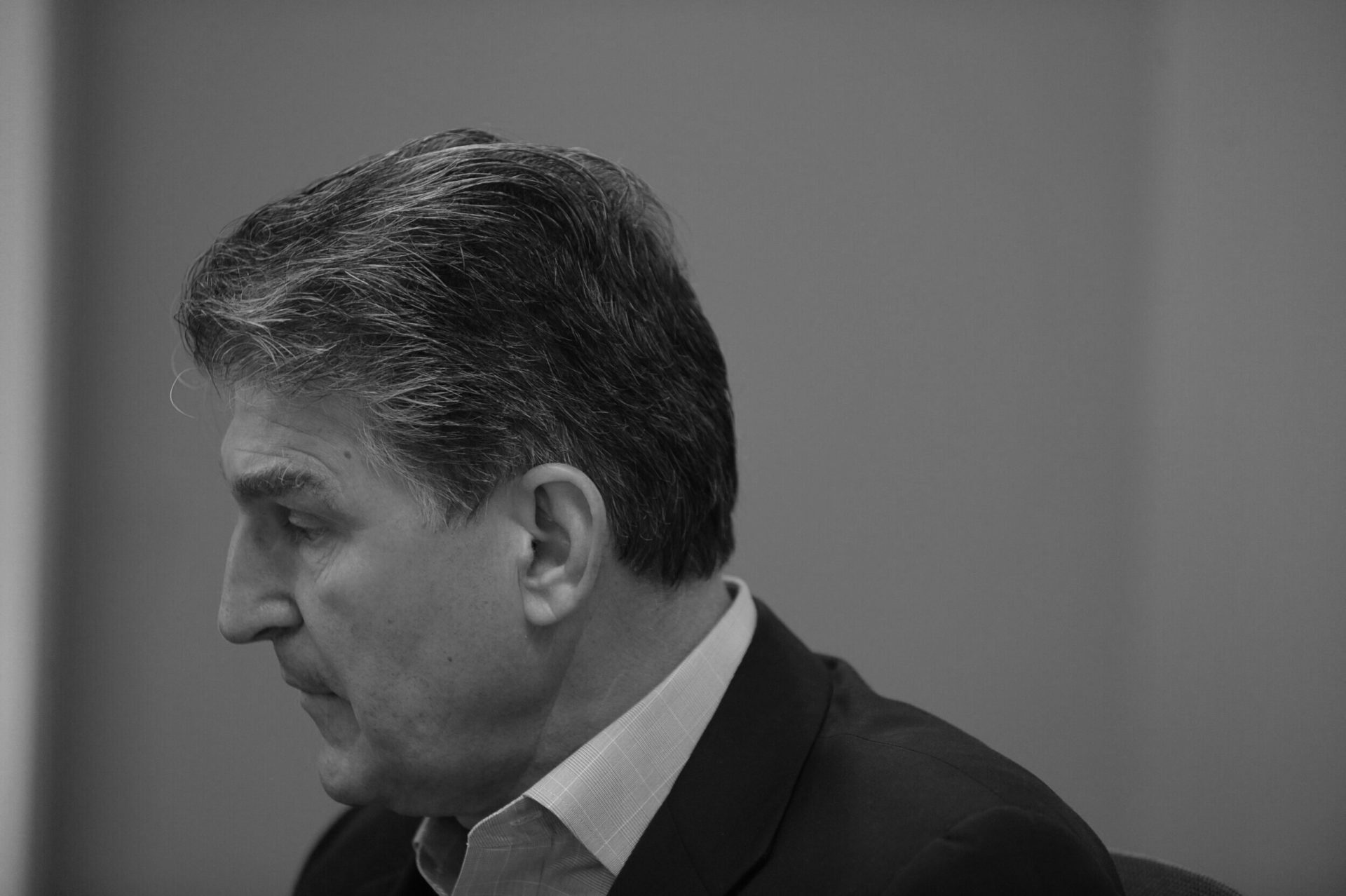
Democrats are working feverishly to come up with a federal legislative response to Republican efforts in various states to restrict voting rights as a result of the 2020 election. Their best hope: the For the People Act (HR.1) and the John Lewis Voting Rights Act. The key, once again, is West Virginia Senator Joe Manchin, and this week might see a test vote on the For the People Act.
But while moderate Manchin waves the flag of bipartisanship, his new, slimmed-down counter-proposal to his fellow democrats might be a waste of time. That’s because Minority Leader Mitch McConnell doesn’t seem to care about bipartisanship. He appears more interested in acting as the blockade. With regard to Manchin’s proposal, McConnell said Thursday: “equally unacceptable, totally inappropriate. All Republicans I think will oppose that as well if that were to be surfaced on the floor.”
Yet Manchin’s counter is gaining traction on the left, even with voting rights advocate Stacey Abrams. She is even signaling possible openness, even to his call for a voter I.D. requirement, Abrams said on Thursday:
“What Senator Manchin is putting forward are some basic building blocks we need to ensure that democracy is accessible no matter your geography…Our point is simply that the restrictions on the forms of I.D. Should meet the needs of the people. What he’s proposing makes sense.”
Abrams’ voice matters, but she is not in Congress. And even if Manchin can get his entire party on board with his changes, that only gets the Democrats to 50 votes, 10 shy where they need to be given that this is not a case where reconciliation applies.
So if the For the People Act is dead on arrival, what is this really all about? Perhaps to put up a good showing and still lose so the public sees GOP obstruction on another major issue, like the January 6th Commission? Or is it deeper? That this time, it will be a Manchin initiative that fails so he experiences the result first-hand, perhaps softening him on the filibuster?
In audio that was leaked this week, Manchin himself seemed to recognize the prospect that his longstanding opposition to ending the filibuster might need reconsideration:
“That’s one of the many good suggestions I’ve had. I looked back in, I think it was 1973, when it went from 67 votes to 60 votes, and also what was happening, what made them think that it needed to change. So I’m open to looking at it, I’m just not open to getting rid of the filibuster, that’s all. And right now, 60 is where I’m planting my flag. But as long as they know that I’m going to protect this filibuster, we’re looking at good solutions.”
I think there is a bigger objective here. After all, the Biden administration has a vested interest too, because this is proof that outside of reconciliation, they can’t get anything done and the clock is ticking toward the midterms, which will make matters even worse.
My hunch is that this is an exercise where both sides know the outcome and are seeking to use the process as means of advancing their larger objectives. For the Republicans, it is to oppose any effort that slows the moves afoot in the states. For the Democrats, it is to force the issue on the filibuster or run the risk that the Biden administration will accomplish little outside the budgetary realm.
Michael Smerconish
Using the perfect blend of analysis and humor, Michael Smerconish delivers engaging, thought-provoking, and balanced dialogue on today’s political arena and the long-term implications of the polarization in politics. In addition to his acclaimed work as nationally syndicated Sirius XM Radio talk show host, newspaper columnist, and New York Times best-selling author, Michael Smerconish hosts CNN’s Smerconish, which airs live on Saturday at 9:00 am ET.







